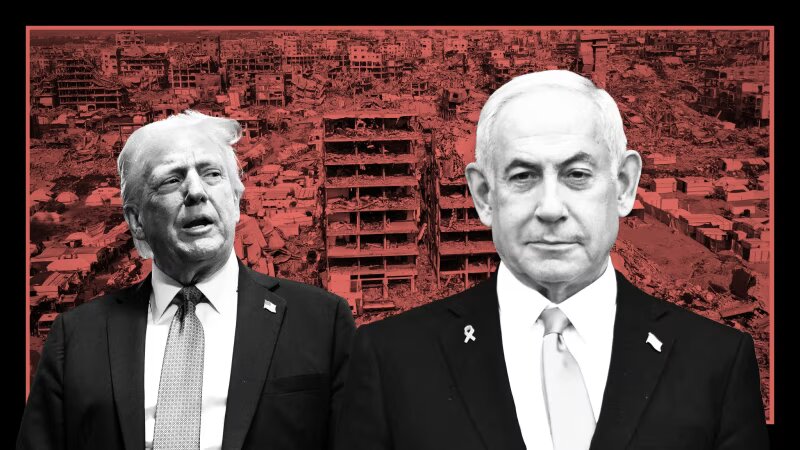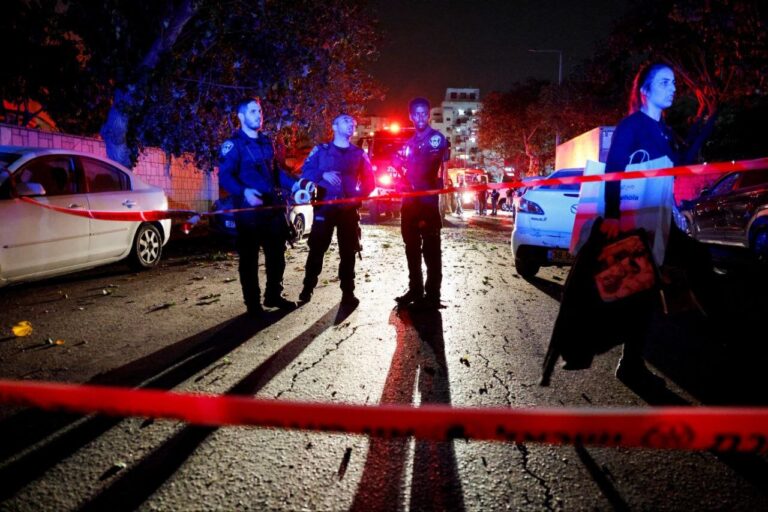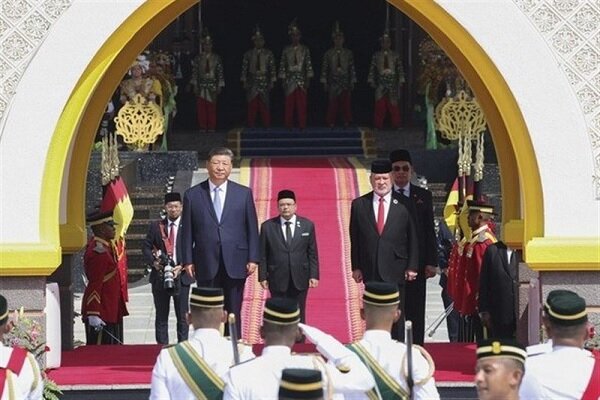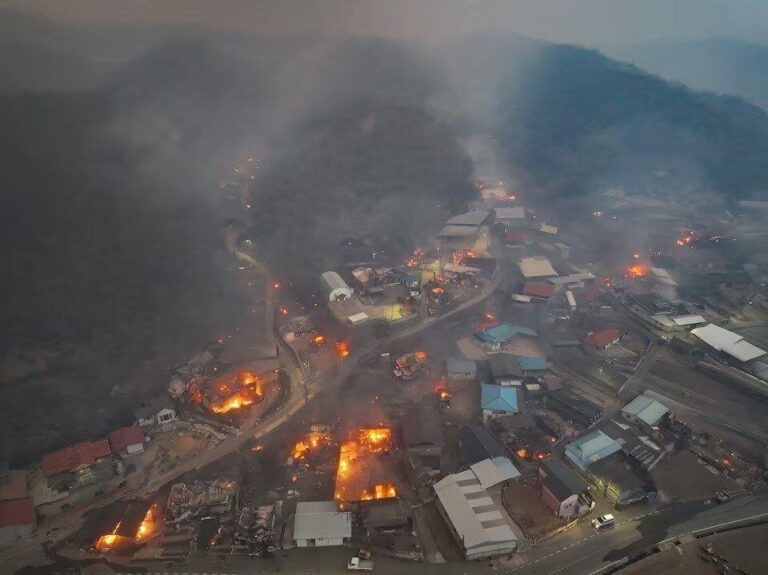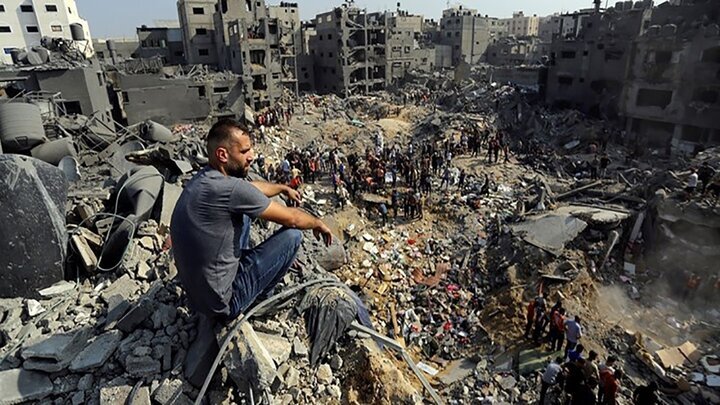Trump’s Support for Israel’s Gaza Strategy Shatters Last Hopes for Peace in the Region
In a significant and controversial development, President Donald Trump and Israeli Prime Minister Benjamin Netanyahu are charting a path toward Gaza that threatens to reshape the future of the region and the lives of millions of Palestinians. This plan, which some critics describe as a humanitarian disaster in disguise, is raising serious concerns about the implications for peace and stability in the area.
In early 2025, Trump unveiled a plan to relocate the entire Palestinian population of Gaza, which numbers around 2.3 million, to neighboring countries such as Egypt and Jordan. The United States, under Trump’s vision, would take control of Gaza itself. He presented this initiative as a humanitarian and economic development project, envisioning Gaza as the “Riviera of the Middle East,” with U.S. oversight. Trump proposed that Palestinians wishing to leave Gaza would have the option of either returning or resettling elsewhere. This vision was also endorsed by Netanyahu, who called it “extraordinary” and “the most realistic idea” for Gaza’s rehabilitation.
However, this proposal raises serious legal and ethical questions. International law explicitly prohibits the forced expulsion of civilian populations, and numerous human rights organizations, Arab nations, and even some American politicians have condemned the plan. Even within the Republican Party, there are voices expressing concern over the implications of the U.S. acquiring Gaza or forcibly removing its residents. Despite this backlash, Netanyahu’s government, facing mounting international legal pressure and domestic political challenges, appears to be embracing Trump’s plan, feeling emboldened to act with increased impunity.
As the situation escalates, Israel is preparing for a significant military operation in Gaza. Recent decisions by Netanyahu’s security cabinet have authorized plans to mobilize tens of thousands of reservists for what has been described as an “intensive” offensive, potentially marking “the concluding moves” of the ongoing conflict. This military strategy includes reinforcing a blockade that has already resulted in severe shortages of food, water, and medical supplies, with the Israeli military planning to seize substantial areas of Gaza while pushing Palestinians further south.
Analysts warn that this escalation could extinguish any remaining hopes for peace, particularly when combined with the Trump-Netanyahu plan for population displacement. In recent weeks, Trump has largely distanced himself from the conflict, allowing Netanyahu significant leeway in military actions. Initially, there was some diplomatic engagement from Trump aimed at securing the release of hostages and negotiating a ceasefire, but this has since diminished.
The implications of the Trump-Netanyahu collaboration extend far beyond immediate military actions. The proposal for forced relocation is reminiscent of historical population transfers that have led to chronic instability and suffering. The ongoing bombardments and blockade put hundreds of thousands of Palestinians at risk of displacement, exacerbating an already dire humanitarian crisis in Gaza.
Moreover, the lack of active U.S. diplomatic involvement diminishes the chances of a negotiated settlement, stripping away a crucial check on Israeli military actions. With Trump’s silence and Netanyahu’s aggressive military stance serving as intertwined elements of a policy prioritizing domination over diplomacy, the prospects for a just resolution are further jeopardized.
It is vital for the international community to confront this critical moment before the chance for peace is irrevocably lost. The combination of escalating military operations and a strategy that dismisses diplomatic solutions threatens not only the stability of Gaza but also the broader region. As this situation unfolds, the need for a unified response that advocates for the protection of human rights and the pursuit of peace becomes increasingly urgent.
In conclusion, the trajectory set by Trump and Netanyahu is one that risks deepening the humanitarian catastrophe and undermining the prospects for peace. The world must remain vigilant and responsive, ensuring that the voices advocating for justice and resolution are heard amidst the clamor of conflict.
